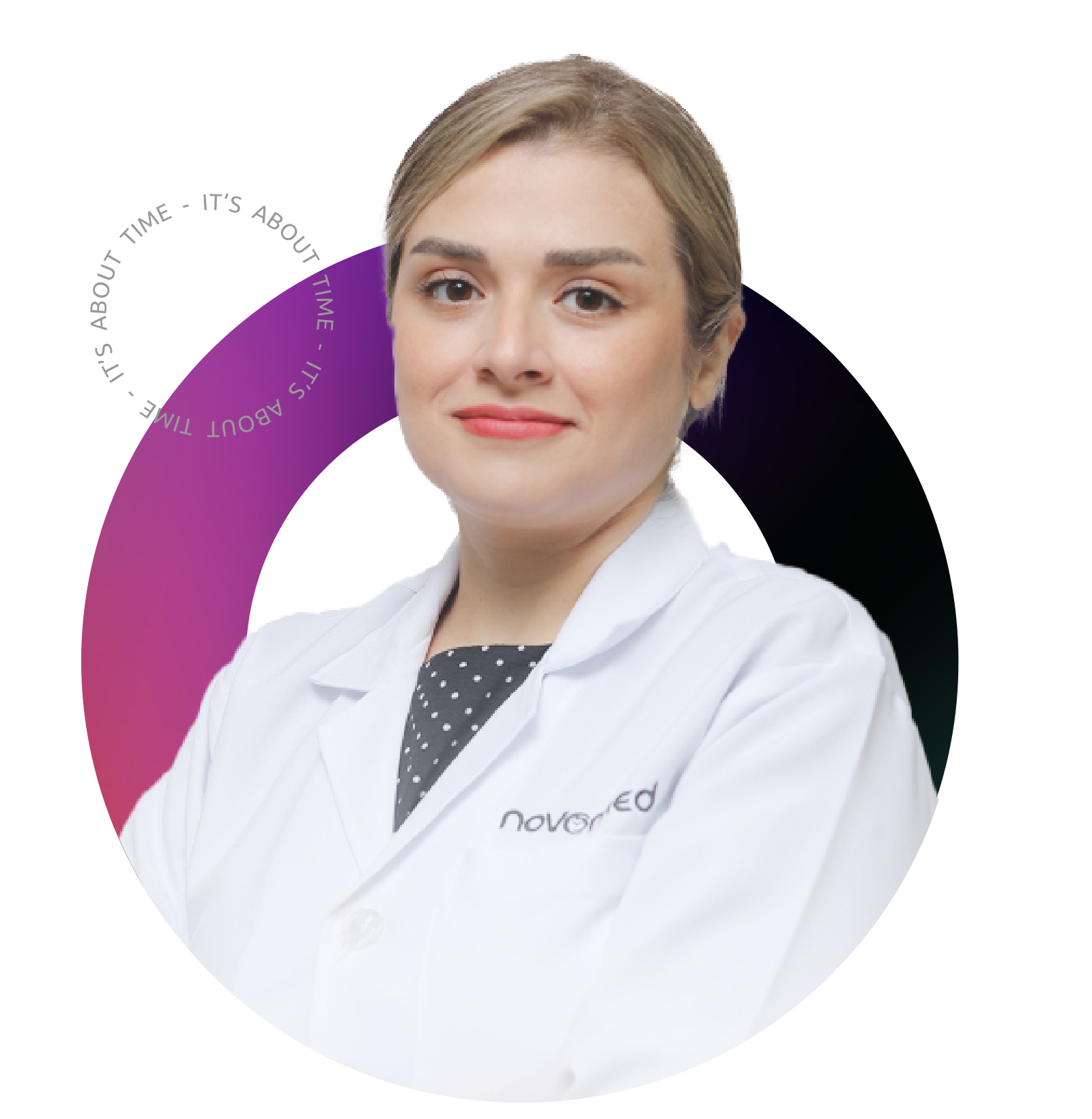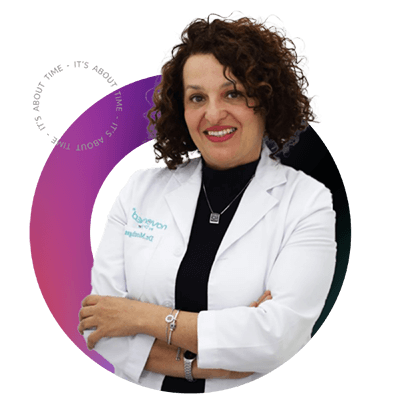Overview
A Pap smear, commonly known as a Pap test, is a diagnostic procedure in which the gynecologist uses a small brush to gently remove cells from the lining of your cervix to examine them for cervical cancer or cell alterations that indicate future cancer development. This procedure allows for early detection of abnormal cells, which helps prevent cervical cancer from developing, and early detection of cervical cancer, which gives you a better chance of a treatment.
How often should I have a Pap smear?
The doctor will determine the frequency with which you do this test based on your age, overall health, and whether you’ve ever had an abnormal Pap smear.
Doctors recommend starting Pap testing at the age of 21 and retaking the test every three years for women between the ages of 21 and 65. From the age of 30, you can have your Pap test combined with an HPV test, so you will only have to be tested every five years.
Regardless of age, the gynecologist may recommend more frequent Pap smears if you have certain risk factors, such as a history of smoking, a weakened immune system, or a Pap smear that revealed precancerous cells.
How to prepare for my Pap smear?
To ensure the most accurate results, you should avoid intercourse, douching, or using any vaginal medications or lotions for two days before a Pap smear as these may wash away abnormal cells. Moreover, you should not schedule a Pap smear during your period because the accuracy of the test may be affected if there is a lot of bleeding.
What happens during a Pap smear?
A Pap smear only takes a couple of minutes and is usually painless. During the procedure, you will lie down on your back with your knees bent on an exam table, and your feet will be in stirrups to keep your heels in place.
The gynecologist uses a speculum to separate the walls of your vagina so they can see your cervix clearly; then, using a soft brush and a flat scraping device called a spatula, they collect a sample of cells from your cervix and put it in a container containing a special liquid to preserve it.
The sample will be taken to a laboratory and inspected under a microscope to look for characteristics that could suggest cancer or precancerous changes.
The Pap smear should not hurt, but you might feel a slight pinch or pressure in your pelvic area when the doctor inserts the speculum.
What to expect after having a Pap smear?
After your Pap smear, you can resume your daily activities right away.
If you have a negative result revealing normal cells, you won’t need another Pap until your next appointment. On the other hand, if you receive a positive test result indicating abnormal cells does not necessarily mean you have cervical cancer. You could have an abnormal Pap smear for various reasons, such as minor cell alterations or mild inflammation.
If your Pap smear is abnormal, your doctor may perform a colposcopy, which involves examining the tissues of the cervix, vagina, and vulva by inserting a colposcope (a special magnifying instrument) into your vaginal canal. Your doctor may also obtain a tissue sample (biopsy) from any suspicious regions to be sent to a laboratory for analysis.
Schedule your Pap test at Novomed today!
Regular testing is the best way to prevent diseases, treat them at early stages, and stay healthy. To book an appointment with one of our expert gynecologists in Dubai, call us toll free at 8006686, fill out the booking form or click the live chat icon at the bottom of the screen.




























